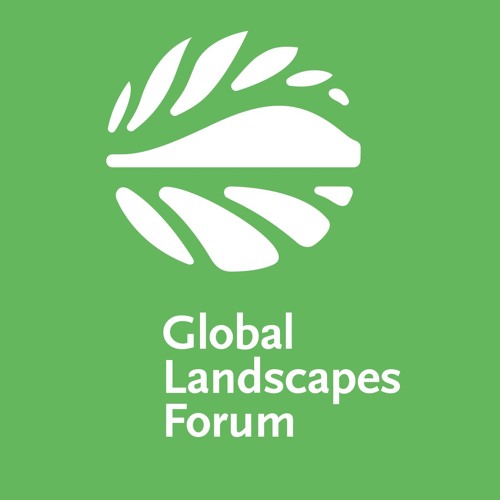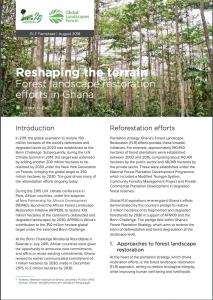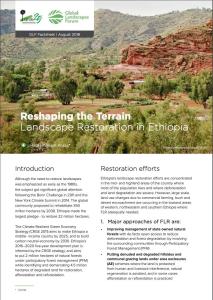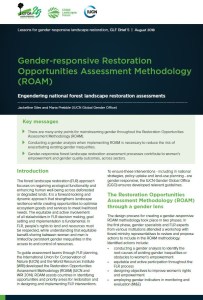Location
The Global Landscapes Forum (GLF) is a multi-stakeholder platform with a global secretariat led by CIFOR and core funding provided by the Government of Germany. The GLF accelerates action towards the creation of productive, prosperous, equitable and climate-resilient landscapes and the achievement of the UNFCCC Paris Agreement and Sustainable Development Goals (Agenda 2030). Charter members: Agronomique pour le Développement (CIRAD), Center for International Forestry Research (CIFOR), Conservation International, Ecoagriculture Partners, Evergreen Agriculture, Forest Stewardship Council (FSC), Global Environment Facility (GEF), Indigenous Peoples Major Group (IPMG), International Center for Tropical Agriculture (CIAT), International Centre for Integrated Mountain Development (ICIMOD), IFOAM - Organics International, International Network for Bamboo and Rattan (INBAR), International Union of Forests Research Organization (IUFRO), Rainforest Alliance, Rare, Rights and Resources Initiative (RRI), United Nations Environment Programme (UN Environment), Wageningen Centre for Development Innovation, part of Wageningen Research, World Agroforestry, World Wide Fund for Nature (WWF) Germany, Youth in Landscapes Initiative, World Bank Group
Members:
Resources
Displaying 16 - 20 of 31Building farmer organisations’ capacity to collectively adopt agroforestry and sustainable agriculture land management practices in Lake Victoria Basin
Between 2012 and 2017, Vi Agroforestry and partners supported the development and implementation of the Lake Victoria Farmers’ Organisation Agroforestry (FOA) program. Under this program, and in cooperation with 40 member-based farmer organizations spread across Kenya, Uganda, Tanzania and Rwanda, approximately two million female and male farmers, school children and young people were mobilized to implement agroforestry and sustainable agriculture land management (SALM) practices in different agroecosystems of Lake Victoria catchment areas.
Reshaping the terrain: Forest landscape restoration efforts in Ghana
As one of the key partners of the African Forest Landscape Restoration Initiative (AFR 100), Ghana is committed to restore 2 million hectares of its land by 2030. In this factsheet, the major approaches to forest landscape restoration are outlined and enabling conditions as well as major constraints to forest landscape restoration elaborated.
Reshaping the terrain Forest and landscape restoration in Cameroon
In 2017, Cameroon committed to restore forests and degraded lands over more than 12 million hectares across all ecosystems by 2030 as part of the African Forest Landscape Restoration Initiative (AFR 100). The fact sheet elaborates on the status of the commitments made and highlights key restoration efforts and major constraints to FLR in practice.
Reshaping the Terrain: Landscape Restoration in Ethiopia
With 22 million hectares, Ethiopia by far made the largest pledge to restore its degraded lands under the African Forest Landscape Restoration Initiative (AFR 100). In this fact sheet, restoration efforts are presented including major approaches, key constraints and enabling conditions and steps to achieve FLR in the country.
Gender-responsive Restoration Opportunities Assessment Methodology (ROAM): Engendering national forest landscape restoration assessments
The forest landscape restoration (FLR) approach is a forward-looking and dynamic approach that strengthens landscape resilience while creating opportunities to optimise ecosystem goods and services to meet livelihood needs. The equitable and active involvement of all stakeholders in FLR decision making, goal setting and implementation is fundamental.






